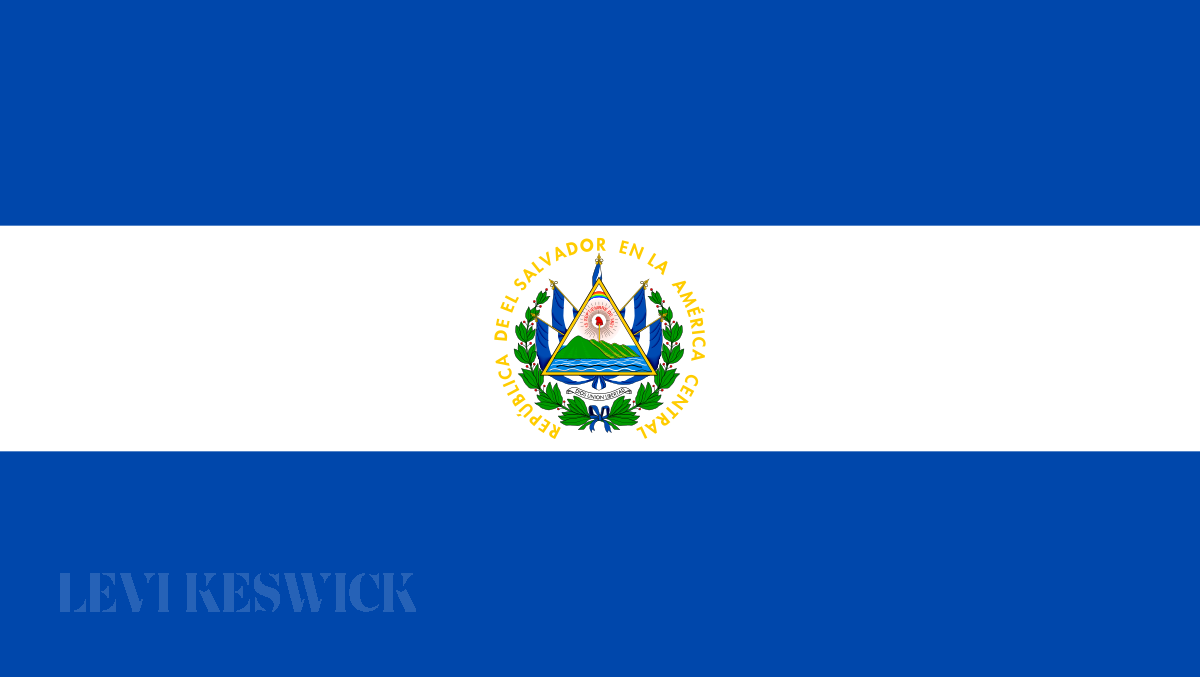El Salvador and the United States share strong business ties which provide Salvadorans a high level of comfort in doing business with U.S. companies. Much like the rest of Latin America, in El Salvador business is conducted after a relationship has been established. Spending time forming a personal connection before jumping into business discussions is highly recommended. Spanish is the official language in El Salvador.
Both the upper and middle classes usually speak English. Salvadorans are polite and friendly. Do also be cautious about too much eye contact as this may be considered intimidating and impolite. Business cards are exchanged upon first meeting and should be printed in both Spanish and English.
Business meetings in El Salvador typically last for 2-3 hours, and should be scheduled for the morning, as most business people in El Salvador do not like to work late, and are not as punctual as their U.S. counterparts.
If you are a woman, it is recommended that you have another woman present at meetings. Women should dress conservatively and avoid wearing pants.
Dining is a large part of business in El Salvador. It is not uncommon for dinner to be scheduled after a meeting. It is common to leave large bottles of liquor for the host as this signifies generosity. This also communicates your willingness to do business with them.
Always show up at your meeting with information about the people you will be meeting. It is also a good idea to bring information about Salvadoran culture. Salvadorans do not like to hear bad news. Be sure to set aside time for extra visits to certain Salvadorans and allow yourself enough time in the day to sleep.
Business etiquette in El Salvador is very formal. Salutations are typically with a handshake. Do not be too emotional. Humility is a virtue that is highly esteemed in El Salvador.
It is best to be patient while doing business in El Salvador. Salvadorans favor a more relaxed approach to business. Cultural differences, which may be unfamiliar to us, are important to take into account.
As the informal business culture in El Salvador is so different from the U.S., if you are thinking of doing business with a Salvadoran company it is particularly important that you consider adjusting your timing so you can accommodate your Salvadoran counterparts.
As with most Latin American countries, El Salvador has a culture of power and influence that is very real and often not much discussed, but it exists and if you are not careful it can really affect your relationship with your Salvadoran counterparts.
Some things may not be as simple as they appear, an example is the Salvadoran concept of time which may be quite different than your own. Cultural differences should be taken into account before planning meetings or making telephone calls, as interruptions may be the norm rather than the exception. Even Salvadorans inside their own country seem to work at different times and in different ways.
As Salvadorans may not be in their office at all times, you should consider contacting them at times other than normal business hours. To be safe, assume anybody you are going to contact in El Salvador will not be around during business hours and will need a quick response.
If you are making an appointment, please remember some Salvadorans are not always punctual. The Salvadoran business culture is very formal. Do not be too emotional or aggressive in your business dealings.
It is common to arrange meetings on the basis of, “It is no problem, I’ll see you at that time.” In Salvadoran culture, this cannot always be taken as a definite commitment in stone, so it may be difficult to get anything done exactly as you may have planned. For example, be prepared for people to be 15, 30 or even 45 minutes late. It is not considered rude to be late in El Salvador.
Salvadorans are generally friendly, open, and happy to discuss any subject. Don’t be surprised if you find Salvadorans are more direct than their counterparts in the U.S. or other parts of Latin America.
Tips on Business Etiquette In El Salvador
- Salvadorans are not as punctual as their U.S. counterparts. In El Salvador, business meetings usually run for 2-3 hours and are typically scheduled in the morning.
- Do not bring up financial issues until you are considered trusted. Most Salvadorans think that Americans like to talk about money and business before they are friends.
- Salvadorans are family-oriented and if you are dealing with business in El Salvador you will work a lot with the extended family. Don’t be uncomfortable if you will have to deal with a Salvadoran’s family members.
- Americans are usually viewed as capable and direct, while Salvadorans prefer to approach problems from many different sides and take time reaching decisions.
- Americans are typically viewed as strong capable leaders who know where they are going, and the Salvadorans may feel that this is a little too strong at times.
- Even though El Salvador and the United States share such close proximity, the business culture in El Salvador is much different. Business cards are exchanged upon meeting someone and should be printed in both Spanish and English. Latino business cards typically list the titles “Don” for men and “Doña” for women. When returning a business card, it is considered polite to give the card with both hands.
- “Convencido” is a word that is unique to El Salvador. It means that the price of an item, or a person’s proposal, is so attractive, even you can’t resist.
- Salvadorans are generally spontaneous. Punctuality is not a valued trait. You should be cautious about being too punctual with appointments. When you arrive late, don’t apologize, but make sure that you say nice things and don’t make excuses.
- It is common for Salvadorans to have a meeting in which they have a meal. If you are a woman, it is recommended that you have another woman present at meetings.
- Salvadorans are very close to each other, so if you talk about someone bad, you may create a bad image of yourself as well. It is important for those Salvadorans that surround you, to feel like you are one of them. Be sure to mention something good about certain people.
- While El Salvador is predominately Catholic, Evangelical churches are growing rapidly and have become very politicized, since they are associated with the opposition party.
- Salvadorans do not like to hear plans or projects. If you know what you want to do, they will be willing to help you, but always be careful when implying you have all the answers. Salvadorans are very flexible.
- Salvadorans lead a more casual lifestyle than Americans. They are typically late for appointments.
- By maintaining a degree of distance, or by giving salutation while looking at the ground (maintaining eye contact could be interpreted as eye aggression) Salvadorans can convey respect or a demonstration of superiority.
- Salvadorans have little tolerance for those who are late, or impatient and easily offended.
- In El Salvador, business is often transacted socially. Business meetings should not be held in the first instance at hotels. It is better to be invited to a home, for example.
- It is unusual for Salvadoran’s business partners to address each other as “jefe” (boss) or “señor.” Call your associates by their first name or “compañero” (male, meaning El Salvadoran / socialist) or, “compañera” (female, meaning Salvadoran) or “amigo” (male, meaning friend).
- Depending on the level of partnership, you may be told to address them as “jefe,” which may be confusing. If you are confused, it is always safer to address them as “jefe” than not.
- While Salvadorans may disclose very little information about their personal life, it is still polite to ask about a Salvadoran’s family and their children. Salvadorans are very proud of their children.
- El Salvador has very beautiful beaches and these are usually a great place that a business partner may invite you to. Salvadorans spend a lot of time on the beach. It shows a touch of class to bring a cigar, wine, and also when you are in the coastal areas of El Salvador.








